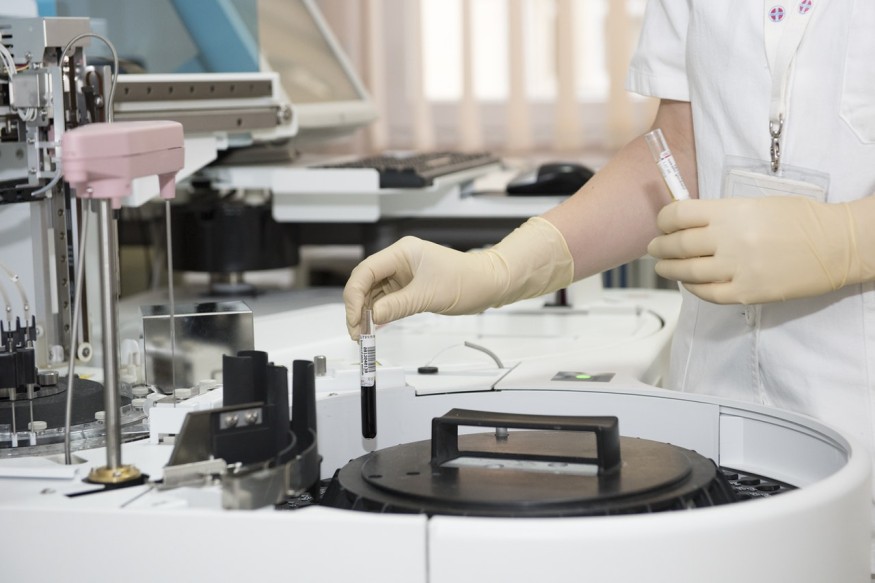
Folic Acid is the name for artificial Vitamin B9, naturally, we get our vitamin B9 from foods such as big leafy greens, like kale, beans and citrus fruits, but occasionally, we need to take a supplement to ensure we're getting the amount we require. If you're the type of person that doesn't eat a lot of fruit and vegetables, you're more likely to need a supplement.
What Does Vitamin B9 (Folic Acid/Folate) Do?
One of the major things the vitamin does for your body is help with the formation of red blood cells which is important for helping to carry oxygen around our bodies. It also helps metabolize proteins and can aid in the prevention of neural tube defects.
Which Folic Acid Supplements Should You Take?
As you may be aware, there are many different varieties of folic acid supplements to choose from; some being higher in quality than others. But it's not always about the price. The price can, however, reflect the dosage amount you get in each supplement; All of us have a recommended daily intake of Vitamin B9, but life circumstances can change that.
For example, pregnant women usually need up to double the amount a female adult would usually require. The fact that women require more folic acid during pregnancy is pretty common knowledge. However, according to a new study from the MRC Neuropsychiatric Research Laboratory in Epsom in the UK, folic acid has now been considered to treat depression and all-round help with depressive and anxious cognitive thoughts.
The study carried out by A. Coppen and C. Bollander-Gouaille, found that the patients in their study who suffered from the worst depression had significant folate deficiencies and deficiency of vitamin B12 too.
Did Antidepressants Help the Patients At All?
One of the intriguing factors of the study was how the anti-depressants appeared to be less effective in patients who had low folate levels. This resulted in the researchers prescribing folic acid alongside their antidepressants which appears to make a significant improvement. This fact is actually unsurprising, as folates naturally help the body with the absorption of drugs.
The study concluded that folic acid, in doses similar to what pregnant women should take (800 micrograms a day), taken alongside a 1mg vitamin B12 supplement would help to improve the treatment outcome of patients seeking help for depression.
Further Research
Since Coppen's and Bollander-Gouaille's study was released, there has been a wealth of further research done on the topic from prestigious colleges such as Harvard and from psychologists across the globe. All the research projects have used varying sample sizes and demographics, yet still appear to get similar success which really confirms that these folates could be linked to improved mental health.
© 2025 NatureWorldNews.com All rights reserved. Do not reproduce without permission.





